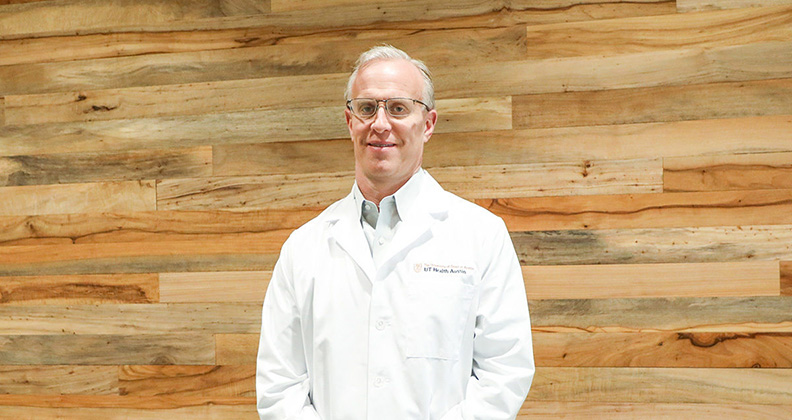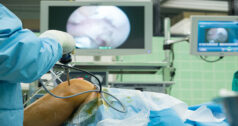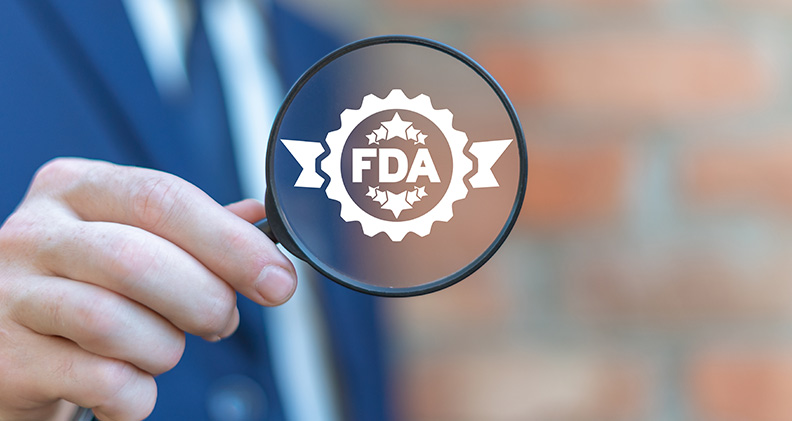
Based on FDA feedback for its NeoCart® Phase III clinical trial, which indicated that an additional clinical trial would be required to accept a Biologics License Application (BLA), Histogenics announced that it expects to suspend development of the tissue engineered implant and does not plan to submit a BLA at this time.
NeoCart is designed to rebuild knee cartilage by merging a patient’s own cartilage cells with a fortified three-dimensional scaffold and then provide the patient with functional living cartilage. While the NeoCart Phase III trial resulted in certain compelling data, it did not meet the primary endpoint of a statistically significant improvement in pain and function with the autologous cell therapy vs. microfracture in a dual threshold responder analysis at one year.
In advising the need for an additional trial, FDA indicated receptivity to novel clinical trial methodologies and regenerative medicine advanced therapy designations to support additional data for a future potential submission. However, considering time and funding, Histogenics will explore other avenues.
The company, founded in 2000, expects to implement a restructuring plan to reduce costs and has engaged Canaccord Genuity to evaluate options to maximize value for stakeholders, e.g. acquisitions, business combinations, joint ventures, public and private capital raises, recapitalization, sale of assets or intellectual property, etc.
Since these efforts may not be successful and in light of limited cash reserves, Histogenics is considering all possible alternatives such as restructuring, an operations wind-down or Chapter 11 bankruptcy protection to complete or execute restructuring or liquidation.
Analysts at BTIG note that strategic acquisition candidates would need time and capital, to the tune of three years and ~$20MM-$25MM at minimum, and pointed to a potential pathway to approval in Japan.
In an interview published in the April 2018 issue of ORTHOKNOW®, Histogenics President and CEO Adam Gridley said that beyond Japan, the company was looking at South Korea and China for commercialization—Korea because of its well-established regulatory process and China because of the market size and a greater cultural desire for personalized cell therapy. While the present focus lies in repair of knee cartilage, it was noted that the product could also target ankle, hip and shoulder as future indications.
All of Histogenics’ manufacturing capabilities are in-house. From a manufacturing standpoint, the company would change the size of the implanted scaffold to fit the anatomical region, but the manufacturing process wouldn’t change.
Analysis of the Phase III trial data yielded important observations, such as a statistically significant improvement of NeoCart vs. microfracture in lesion sizes of greater than 2cm and patients with higher body mass index. Data from this trial were also consistent with results seen in prior clinical trials of NeoCart, as well as the biomechanical data generated as part of collaboration with Cornell University.
This Phase III trial was believed to be the largest and first prospectively designed, randomized clinical trial in North America to evaluate safety and efficacy of a restorative cell therapy to treat knee cartilage damage. Further, it was also believed to be the only trial with a dual threshold responder analysis endpoint.
JAV
Julie A. Vetalice is ORTHOWORLD's Editorial Assistant. She has covered the orthopedic industry for over 20 years, having joined the company in 1999.




